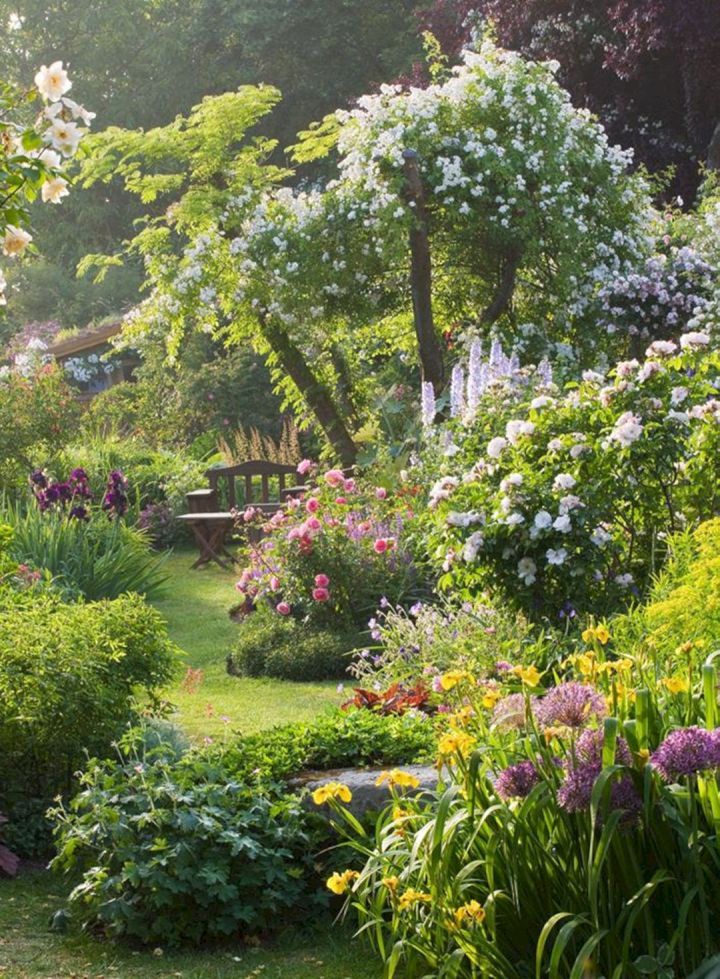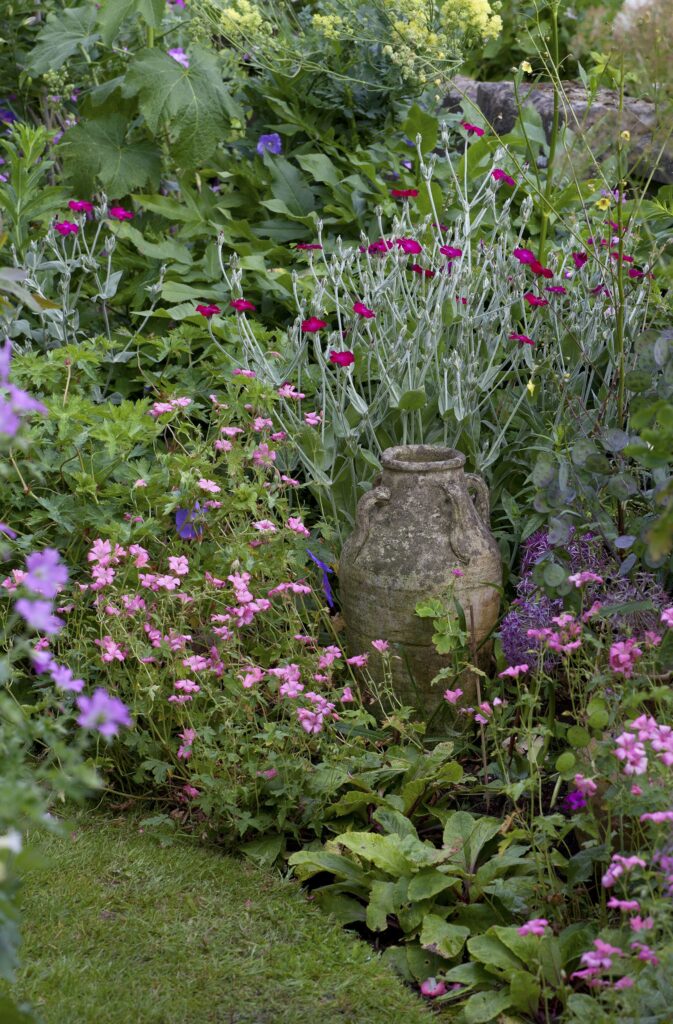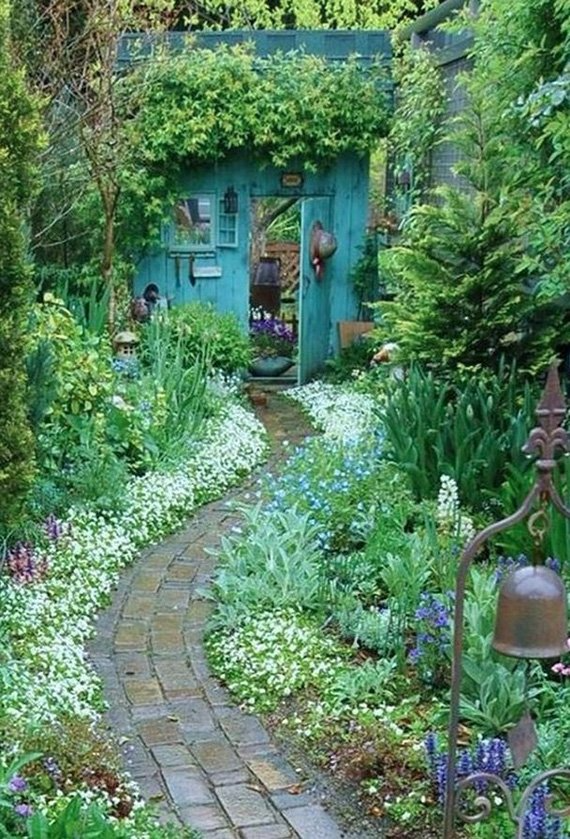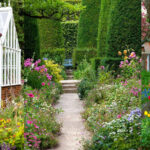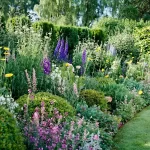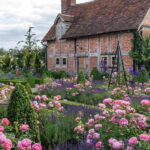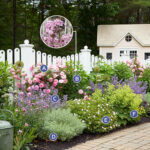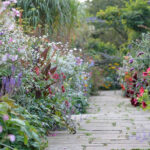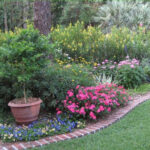Cottage gardens are a classic style of gardening that has been popular for centuries. These gardens are known for their informal and romantic feel, characterized by a mix of flowers, herbs, and vegetables all growing together in a seemingly haphazard manner. The origins of cottage gardens can be traced back to medieval England, where they were a common feature of small, rural cottages.
One of the key features of a cottage garden is the use of a diverse range of plants. Flowers such as roses, lilies, lavender, and poppies are commonly found in cottage gardens, creating a riot of color and texture. Herbs like thyme, rosemary, and mint are often interspersed among the flowers, adding fragrance and practicality to the garden. Vegetables and fruits like tomatoes, cucumbers, and strawberries may also be grown in a cottage garden, making it a truly productive and sustainable space.
Cottage gardens are typically designed to appear natural and effortless, with plants allowed to grow freely and intermingle with one another. This creates a sense of abundance and lushness that is both beautiful and functional. Paths made of gravel or stepping stones may wind their way through the garden, leading visitors on a leisurely stroll past overflowing flowerbeds and charming nooks and crannies.
Maintaining a cottage garden requires a different approach than more formal styles of gardening. Instead of meticulously manicured beds and precise plant placement, cottage gardens thrive on a more relaxed and laissez-faire approach. Regular pruning, deadheading, and weeding are still necessary tasks, but the overall aesthetic is one of wildness and abundant growth.
Cottage gardens are also known for their sustainability and wildlife-friendly features. The mix of flowers, herbs, and vegetables attracts a wide variety of pollinators and beneficial insects, helping to create a healthy and balanced ecosystem. Pesticides and chemical fertilizers are typically avoided in cottage gardens, with natural and organic methods of pest control and soil improvement preferred.
In addition to their beauty and practicality, cottage gardens offer a sense of nostalgia and history. These gardens evoke a simpler time when life was lived at a slower pace and close to the land. For many gardeners, cultivating a cottage garden is not just a hobby but a way to connect with the past and preserve a traditional style of gardening that embodies the charm and romance of the countryside.
